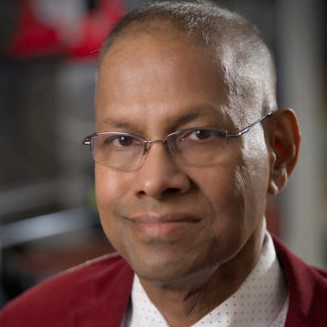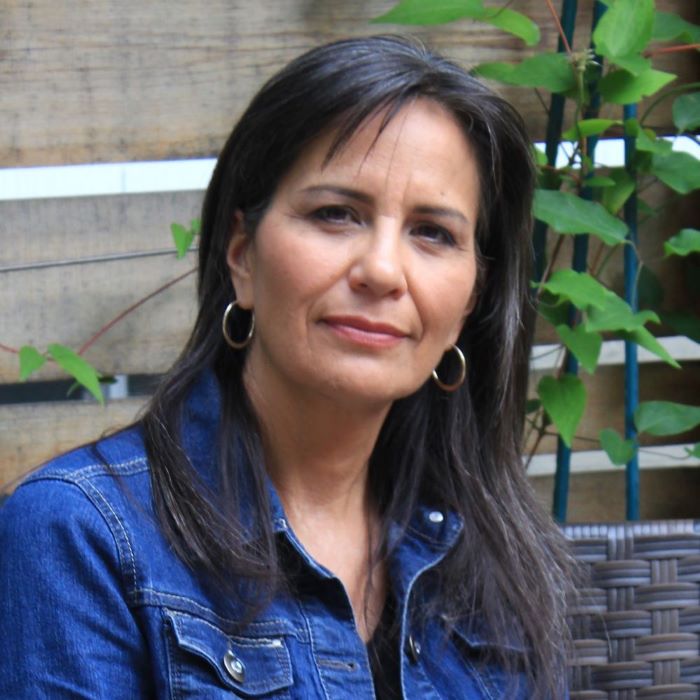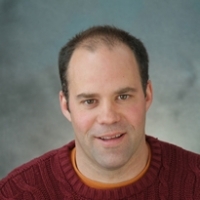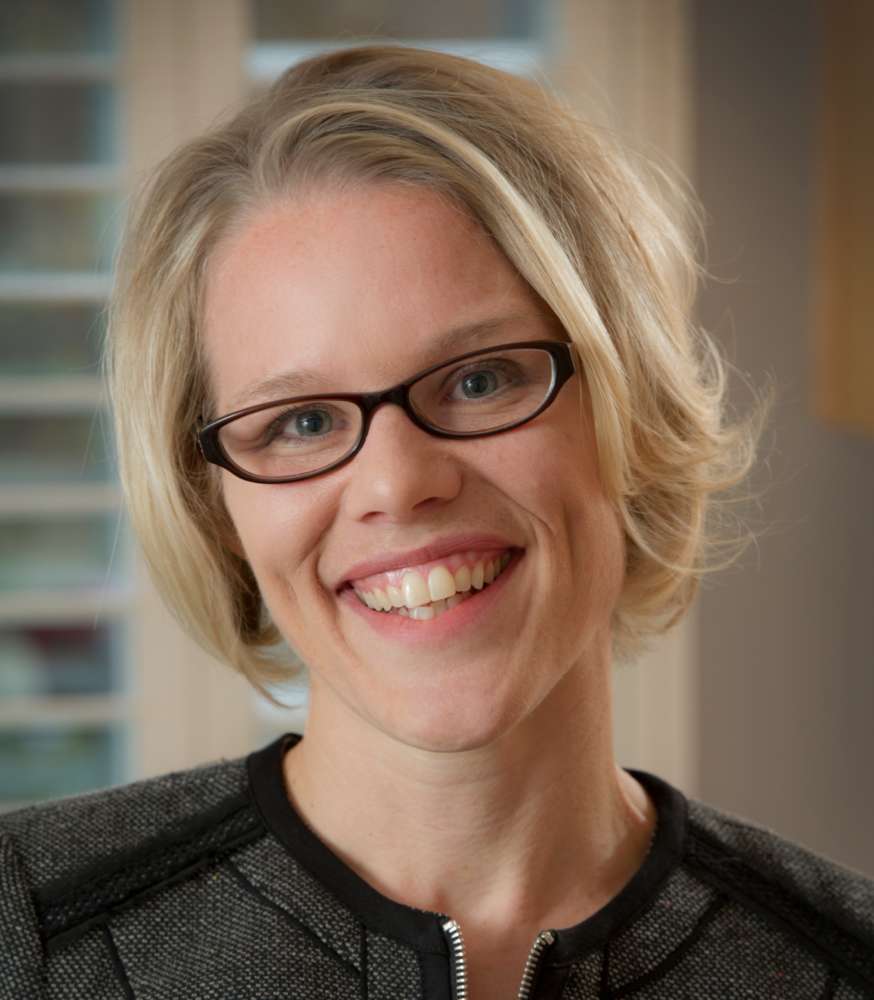Four University of Guelph professors have been named as members of the Royal Society of Canada (RSC), Canada’s top academic honour for outstanding achievement in the arts, social sciences and sciences.
Profs. Amar Mohanty and Kevin McCann will be named as Fellows of the Royal Society. New U of G inductees to the RSC College of New Scholars, Artists and Scientists are Profs. Kim Anderson and Jess Haines.
They will be among 87 new RSC Fellows and 50 new College members from across Canada inducted this fall in Ottawa.
RSC Fellows are researchers who have made remarkable contributions to their fields. Members of the College of New Scholars, Artists and Scientists are recognized as emerging intellectuals who have demonstrated a high level of achievement.
“We are extremely proud of the contributions made by these outstanding new Royal Society inductees,” said Malcolm Campbell, vice-president (research). “Together, they help to further raise the University of Guelph’s status as a leading research institution and demonstrate our institution’s global impact on research and scholarship that improves life in numerous ways.”
This year’s new Fellows in the Academies of Arts and Humanities, Social Sciences and Science will be celebrated along with new members of the RSC College of New Scholars, Artists and Scientists on Nov. 27.

Amar Mohanty
Department of Plant Agriculture, cross-appointed to School of Engineering
Generating sustainable bio-based materials while reducing the environmental impact of plastics has driven research and innovation by Prof. Amar Mohanty. A pioneer in advanced biomaterials science and engineering, he is director of U of G’s Bioproducts Discovery and Development Centre (BDDC), is an OAC Distinguished Research Chair in Sustainable Biomaterials and Editor-in-Chief of Sustainable Composites of Composites Part C- Open Access.
Bio-composites made in the BDDC from renewable sources, particularly materials from industrial waste streams, have been substituted for conventional plastics in many commercial applications, from compostable coffee pods to “green” automotive parts.

Kim Anderson
Department of Family Relations and Applied Nutrition
Holder of a Canada Research Chair in Indigenous Relationships, Prof. Kim Anderson is an Indigenous scholar whose research focuses on rebuilding healthy Indigenous societies. Her work is instrumental to efforts to Indigenize the academy, to advance Indigenous methodologies and to train the next generation of Indigenous thinkers and leaders. She has explored innovative arts-based research methodologies and is recognized internationally for her community-driven, land-based work, which is affecting how scholars, governments, policy makers and the public understand and support Indigenous cultural resurgence, wellness and reconciliation.

Kevin McCann
Department of Integrative Biology
An international leader in theoretical ecology, Prof. Kevin McCann has improved our understanding of ecosystem stability and the impacts of global change. His innovative research is helping to address global food security and sustainability issues worldwide, including the globally important Mekong delta in southeast Asia, home to the world’s largest inland fishery that sustains millions of people. His studies of food webs and species interactions are critical to understanding how global change may be eroding biodiversity. One of the leaders of U of G’s Food from Thought project, he investigates sustainable development of agriculture and aquaculture under climate change.

Jess Haines
Department of Family Relations and Applied Nutrition
Prof. Jess Haines is a pre-eminent scholar in chronic disease prevention whose research bridges epidemiologic research on the determinants of child health with effective family-based health promotion interventions. She is a co-leader of the Guelph Family Health Study, a longitudinal study aimed at improving the health of individuals, families and communities. Her work has shown the pivotal role of the family context in the development of child health behaviour and has changed how academics, policy makers and clinicians work to reduce chronic disease risk among families.
